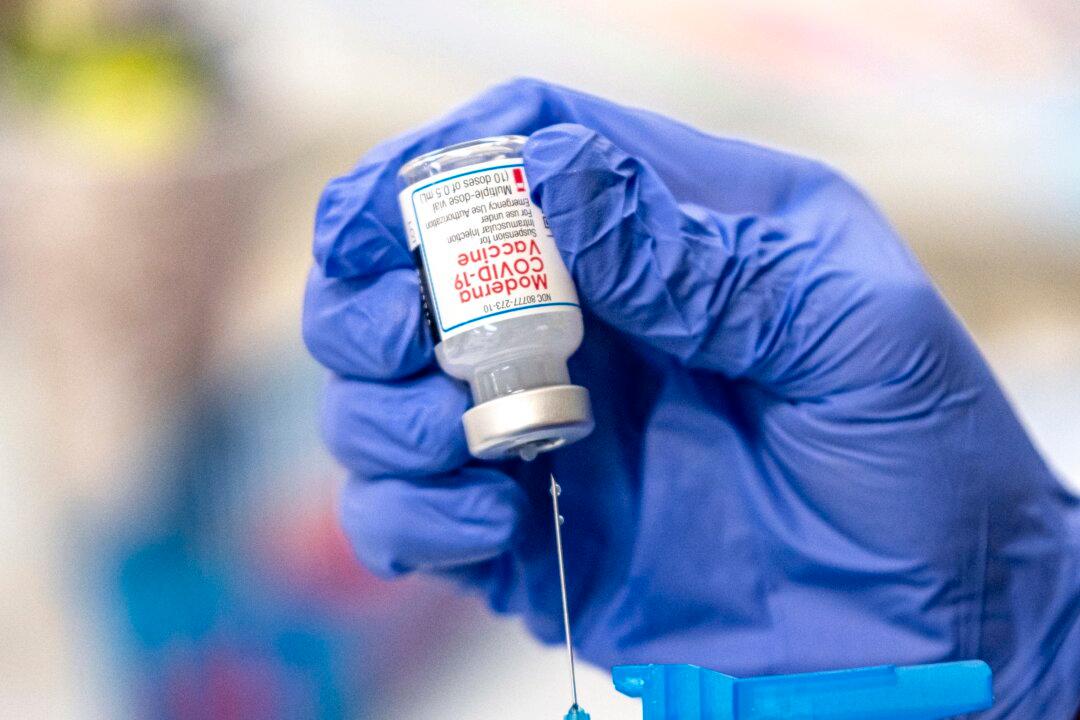A new study estimated that hundreds of cases of heart inflammation occur in every million second doses of Moderna’s COVID-19 vaccine in the highest-risk group.
Some 269.5 cases of myocarditis, a form of heart inflammation, were estimated for men aged 18 to 29, researchers concluded.





